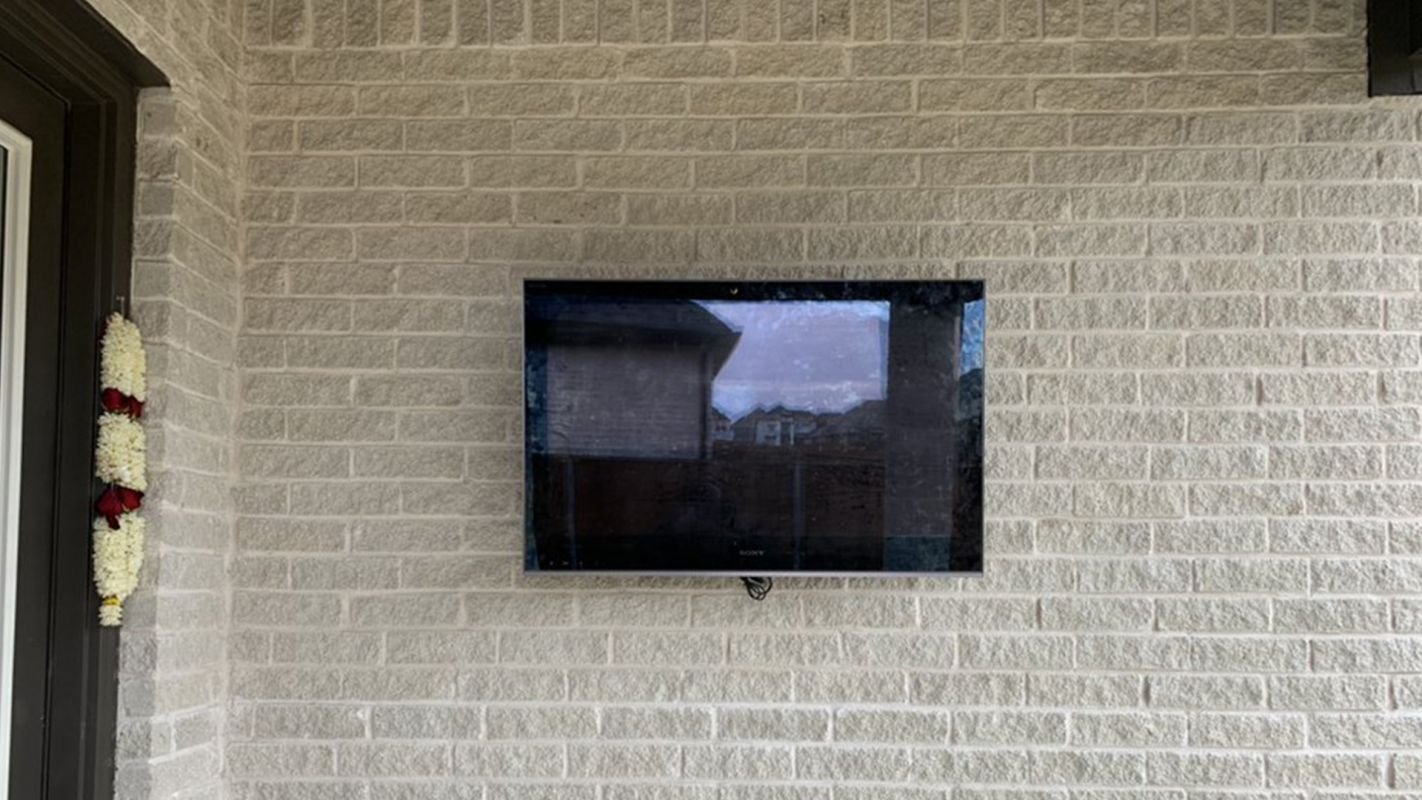Many people who come from very middle class families want to go in for higher studies from reputed institutes where the fees are exorbitant. To finance their degrees, they apply for educational loans. So, what are educational loans? Educational loans are those loans that the bank or the lending institution gives you so that you can pay your fees. You must repay this after completing your education. The rate of interest and the loan duration depend on the college that you are going to join. The better the rate of the college, the lower the rate of interest.
When a student puts in an application, the lender immediately checks the credit bureaus in India for his/her credit score, and he/she successfully enters the credit system. Often the student’s parents are the co-borrowers or guarantors for the educational loan. Although an educational loan comes in handy for those who want to fund their higher education, there are cases of defaults by students as they struggle to repay the loan due to various reasons. This can be really damaging and not only hurt the child’s credit score (students’ credit score) but also affect the guarantor’s credit history. If the loan repayment period becomes 90 days overdue, the loan gets labeled as a non-performing asset. If the borrower defaults on educational loans up to 4 Lakhs, the lending institution sometimes sends warning letters or notices initially. If the borrower does not respond to warning notices, then the lender usually settles the loan for an amount lower than the original loan, and this has a huge negative impact on the borrower’s credit history. Often, the co-borrower’s credit score is also affected. If the amount is 7.5 Lakhs or above, then collection agencies keep after the borrower and his guarantor to collect the amount. The borrower’s default on repayment goes down in the credit report, and the lender does this to convey that it is risky to fund him/her. This negative reputation can be hard to remove and may take months or years of disciplined repayment to do away with. So, one must avoid entering this situation. Let’s read on to find out how?
What Should One Do to Avoid a Hurt Child Credit Score?
Students may default on loans, since they may not find employment for some
time after completing their education. Else they may have irregular incomes. Their parents may be at the fag end of their careers and cannot afford to repay the loan either. So, what must they do in order to prevent a hurt child credit score?
- One way would be to opt for loans with a longer tenure. In this case, the EMIs will be lower and manageable.
- Students should keep an emergency reserve of cash to use during times of inconsistent income and unemployment.
- Another way is to submit a request to the creditor to change the terms of the loan thus making the conditions of the loan more affordable.
- Also, when the person is not able to pay the EMI for a month, he can contact the lending institution and discuss how to manage the default.
Conclusion
Credit score is very important for a person to obtain loans and credit cards. The first thing that a lender checks about the applicant is their credit score, so it is crucial to have a good score. Apart from various other factors that determine the credit score, timely repayments are very important. The credit score is high if you have a good repayment history. The lender will decide your financial discipline based on how consistent you are in regards to making your repayments. The chances of obtaining loans and credit cards are low for those with a low credit score and erratic repayment history. So, people who take educational loans must ensure that they do not default on these loans and hence maintain a good credit score and history.
References:



